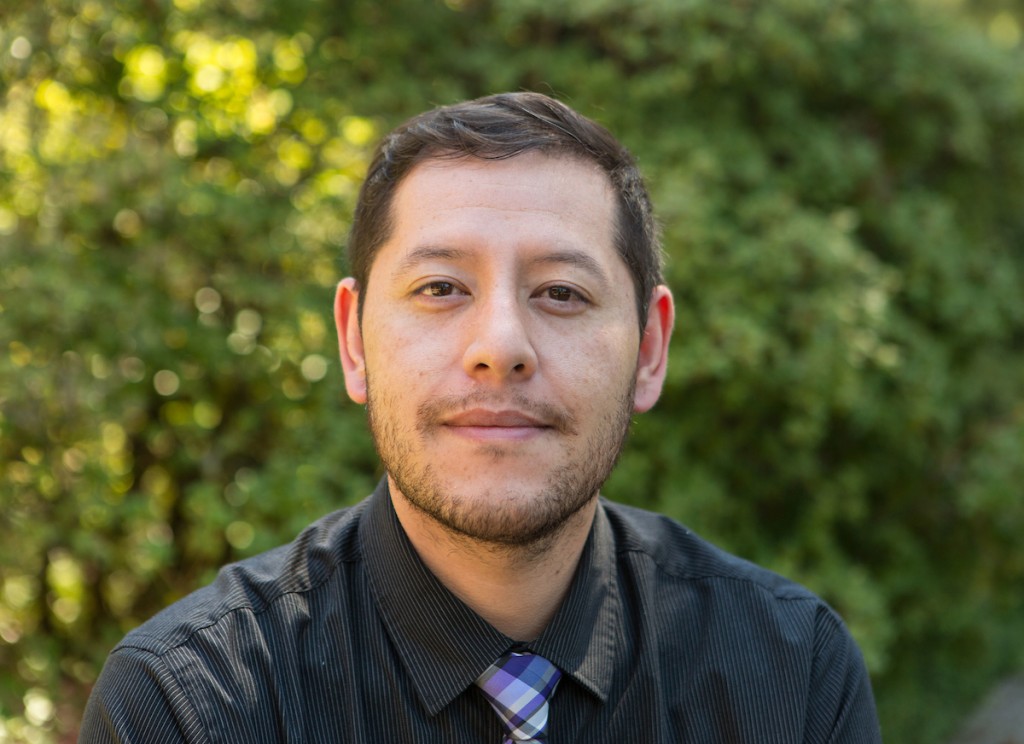Page 118 • (2,625 results in 0.027 seconds)
-
direct service experience. Bonnie Nelson (center) participating in a traditional hair cutting ceremony of a friend and colleague's daughter× While in Mongolia, she served as a Community Development Volunteer in Baruun-Urt. She taught English at the Mongolian University of Science & Technology, as well as participated in local community led projects including the Good Father Project and Awesome Mongolia. Her counterpart (local partner each volunteer is paired with) and Bonnie were invited to speak at
-
(2016-2018) and is working with a farmer’s coop that has activities in horticulture, health (nutrition & hygiene) education and saving & loans programs, alongside secondary projects like small English classes. Haley Ehlers (top right) and others at a Girl’s Club Meeting where they completed a community map× She joined the Peace Corps because she wanted to be part of sustainable, person-to-person development. Since the start of her service, these original aspirations continue to be reinforced. Peace
-

Marit Trelstad Professor of Constructive and Lutheran Theologies Phone: 253-535-7232 Email: marit.trelstad@plu.edu Office Location: Hauge Administration Building - 220-C Professional Biography Video Additional Titles/Roles Endowed Chair of Lutheran Studies Director for Vocational Reflection Education Ph.D., Philosophy of Religion and Theology, Claremont Graduate University, 2000 M.A., Systematic Theology, Luther Northwestern Seminary, 1994 B.A., Religion and English, St. Olaf College, 1989
-
language skills to fluency and had more desire to go abroad again. This has all led me to teach for a year in Taiwan, and to live in Austria again next year as an English assistant in an Austrian High School. I guess I am surprised that a study away experience could impact so much of my future! Salzburg, Austria September 2016
-

Marit Trelstad Director for Vocational Reflection Phone: 253-535-7232 Email: marit.trelstad@plu.edu Office Location: Hauge Administration Building - 220-C Professional Biography Video Additional Titles/Roles Endowed Chair of Lutheran Studies Professor of Constructive and Lutheran Theologies Education Ph.D., Philosophy of Religion and Theology, Claremont Graduate University, 2000 M.A., Systematic Theology, Luther Northwestern Seminary, 1994 B.A., Religion and English, St. Olaf College, 1989
-

Instruction Librarian: Participating in the Scholarship of Teaching and Learning. Chapters Chapters Visions of the Possible: A Critical Pedagogical Praxis for Information Literacy Instruction. (ACRL 2019) Improving Library Services in Support of International Students and English as a Second Language (ESL) Learners. Chapters Chapters Welcome to Your Library: How an Orientation Can Set Up International Students for Academic Success. (ACRL 2019) Selected Presentations Critical Library and Pedagogy Symposium
-
Writing 101 Assessment May 2020 - Discussion Report (pdf) view download
-
projects during the summer at Seattle Children’s Research Institute under the mentorship of experienced researchers and principal investigators. Students will learn to use lab equipment (as applicable), meet with mentors and gain valuable research experience. Students will also attend career and professional training sessions on topics such as writing abstracts, résumé writing, cultivating interview skills, crafting an effective LinkedIn profile and more. The program will culminate with each intern
-
designates an appropriate time(s) in which to take the examination. The current format of the PCAT includes the following sections: Writing – conventions of language and problem solving. Verbal Ability – analogies and sentence completion. Biology – general biology, microbiology, human anatomy and physiology. Chemistry – general chemistry, organic chemistry and basic biochemical processes. Reading Comprehension – comprehension, analysis and evaluation. Quantitative Ability – basic math, algebra
-
designates an appropriate time(s) in which to take the examination. The current format of the PCAT includes the following sections: Writing – conventions of language and problem solving. Verbal Ability – analogies and sentence completion. Biology – general biology, microbiology, human anatomy and physiology. Chemistry – general chemistry, organic chemistry and basic biochemical processes. Reading Comprehension – comprehension, analysis and evaluation. Quantitative Ability – basic math, algebra
Do you have any feedback for us? If so, feel free to use our Feedback Form.


